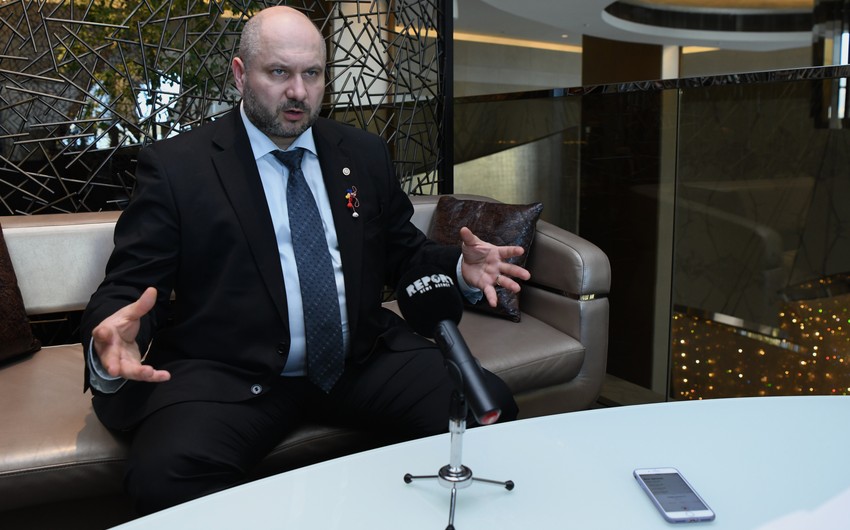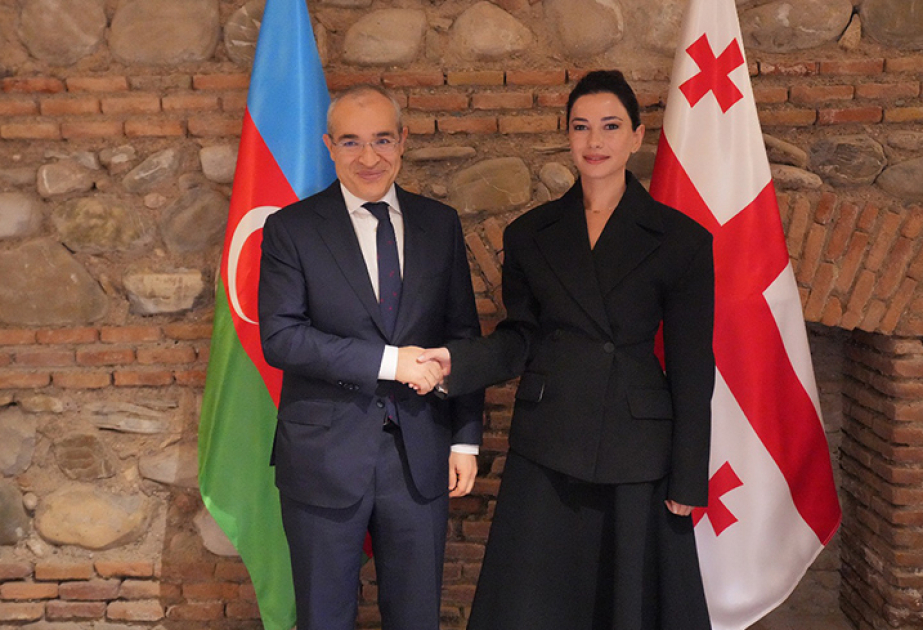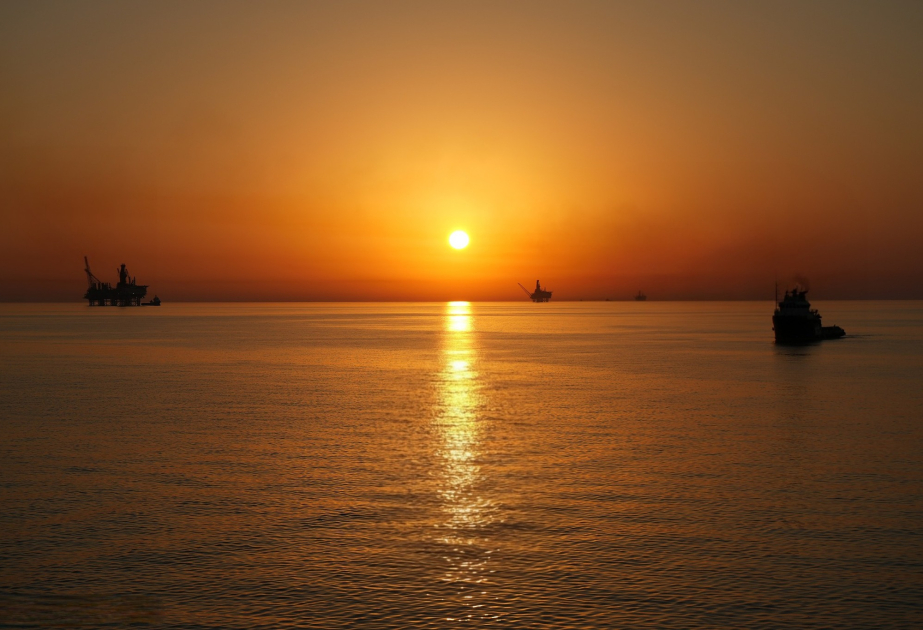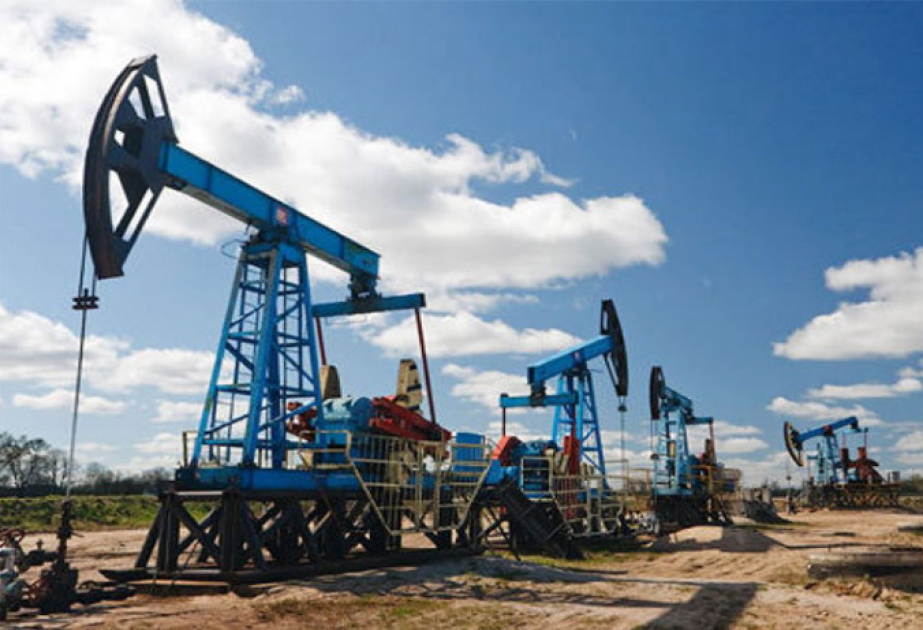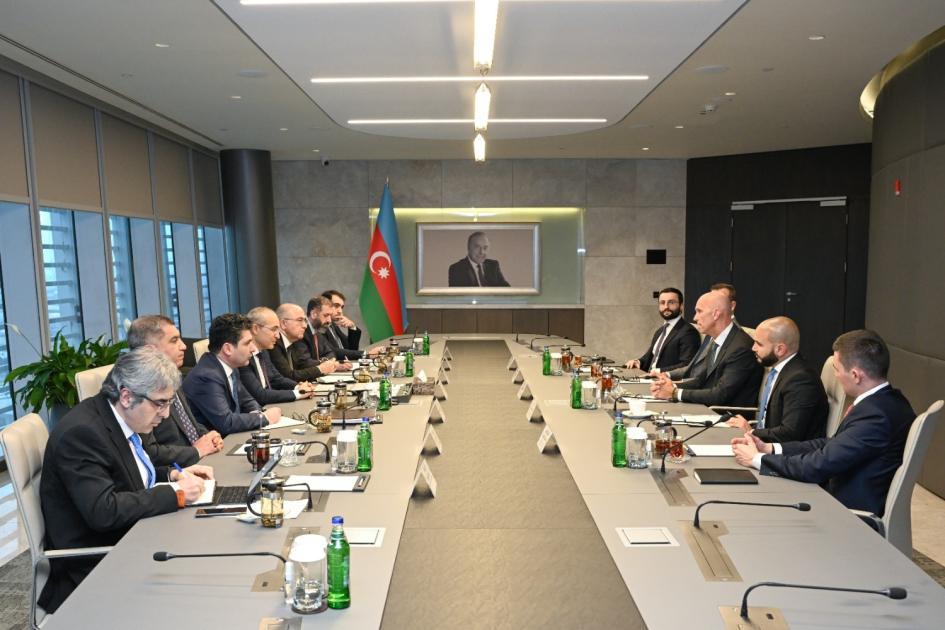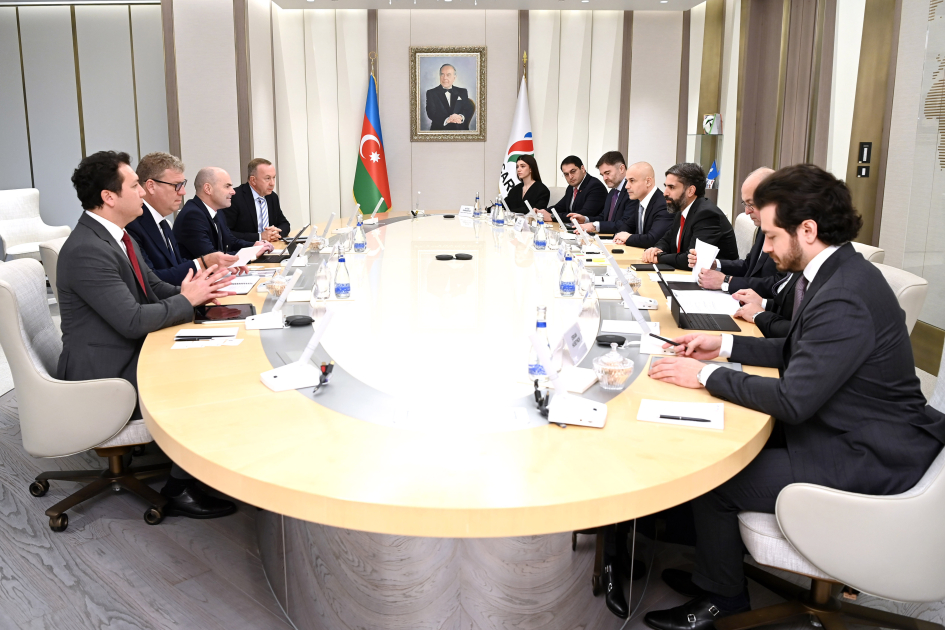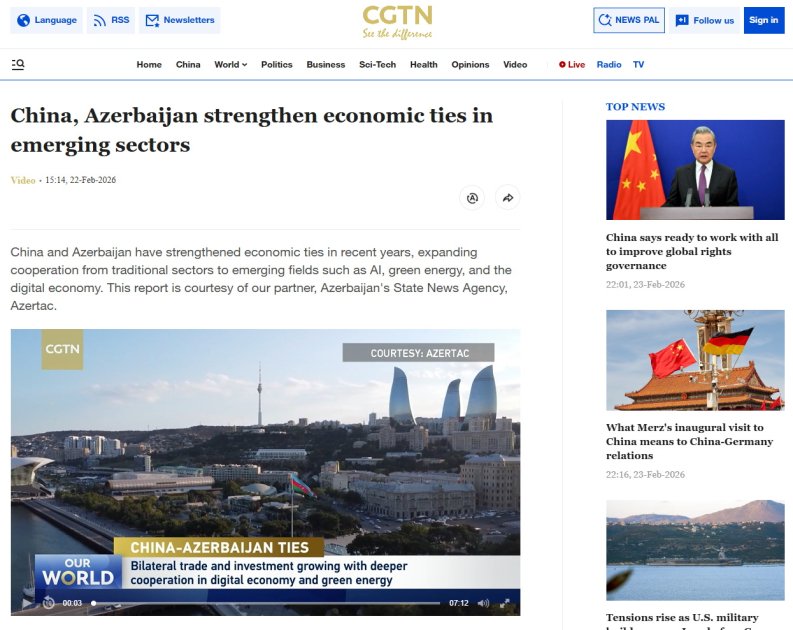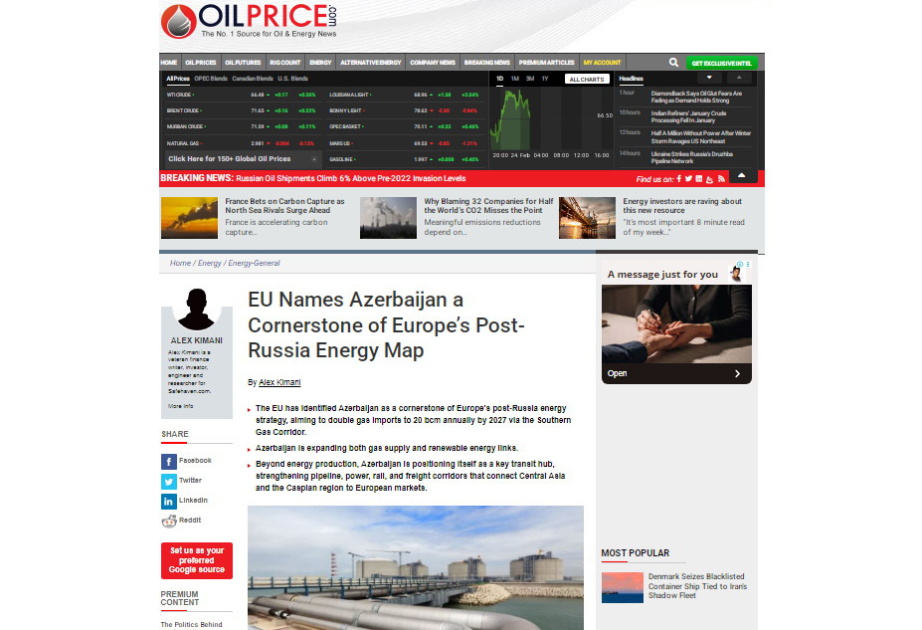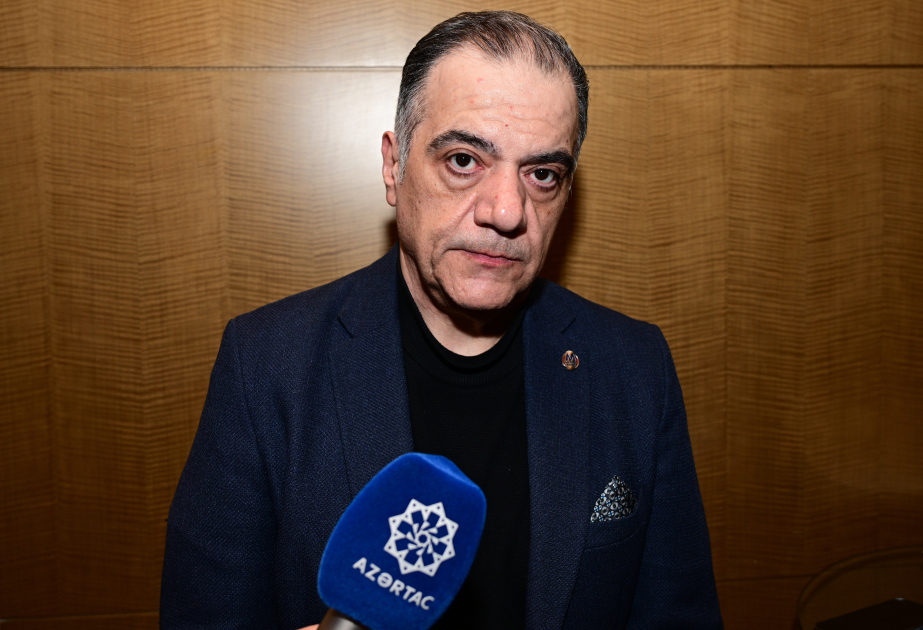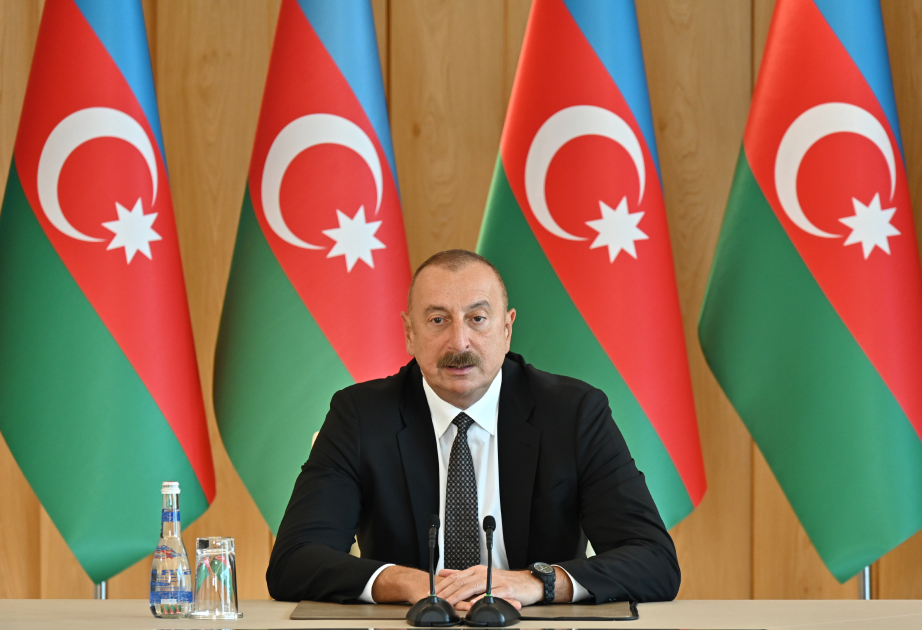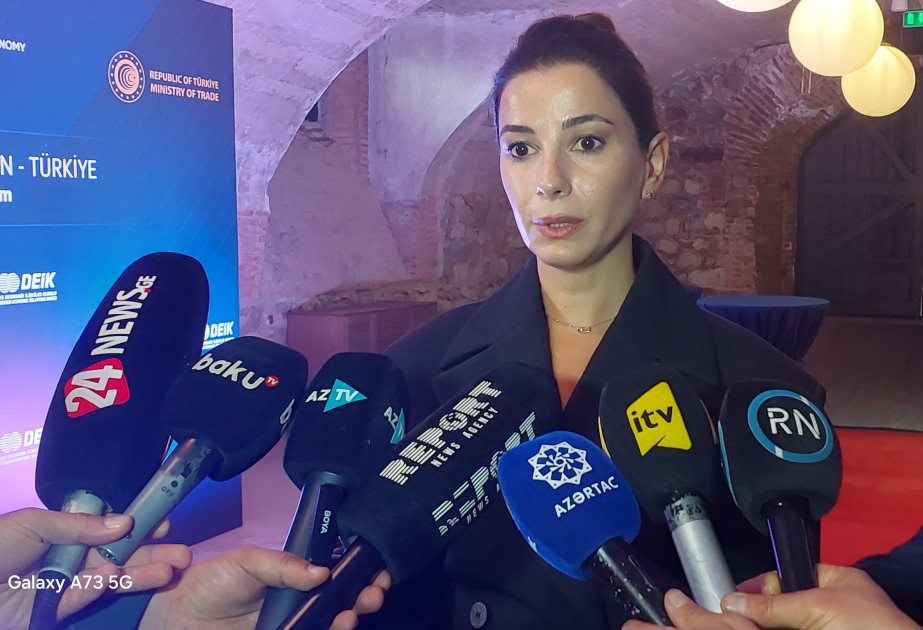On March 1, the 10th Southern Gas Corridor Advisory Council Ministerial Meeting and 2nd Green Energy Advisory Council Ministerial Meeting was held in Baku. One of the key issues discussed in the capital of Azerbaijan was increasing supplies of natural gas from the Caspian region to Europe.
Azerbaijan is actively expanding the geography of natural gas supplies to the European continent. So far, gas is supplied to eight countries, six of which are in Europe. There may be more such recipients in the future.
Among the participants in the meeting of the advisory council was Minister of Energy of Moldova, Victor Parlicov. In an interview with Report, he shared his thoughts about the SGC, the role of Azerbaijan in ensuring gas supplies to Europe, spoke about reforms in the energy market of Moldova, possible cooperation with Baku within an undersea cable project for transmitting electricity across the Black Sea, etc.
-How do you comment on the outcomes of the recent 10th Southern Gas Corridor Advisory Council Ministerial Meeting and 2nd Green Energy Advisory Council Ministerial Meeting in Baku?
-Well, first of all, at the first anniversary of this meeting, I mentioned during my opening speech that it all started with a vision. And the vision was actually coming from Baku on developing or strengthening this southern corridor for bringing Caspian gas into Europe. And ten years ago, few people believed that such magnitude of projects would be feasible and make sense.
But particularly after the invasion of Russia in Ukraine and the change of the whole geopolitics around the energy, the southern corridor played an important role and Azerbaijan played an important role in securing gas supplies and security of gas supplies in Europe. But it is also moment of celebration for the success of the project that proved to be successful and useful after a major change, let’s say, due to the war in Ukraine.
-What is your perspective on the increased capacity of the Southern Gas Corridor and the significance of the Solidarity Ring project?
-Now it is also a moment to think forward, to think ahead. It’s also a moment to think beyond what the southern corridor is today, because the Caspian region does not finish in Azerbaijan, there are potential producers of gas and producers of renewable energy and hydrogen across the Caspian Sea. So we should probably think beyond about extending the Caspian corridor, both the southern corridor, in terms of bringing more capacity to be able to transport more gas towards Europe, but also to extend the sources and embrace sources from the other part of the Caspian Sea, and therefore diversify even more the supplies of gas and build more strategic partnerships between Europe and the Caspian region.
What the change of the geopolitics of gas demonstrated is that countries in the European Union and neighboring countries, because Moldova is not a member of the European Union but as a neighboring country, managed to come over this crisis primarily due to massive solidarity, due to mobilization of all efforts in different countries to strengthen interconnections and to make possible, let’s say, by investing in one country, to improve the security of another country. And this is an important element. The projects of interconnection are developing further.
There is, in our region near Romania, there is BRUA pipeline that is meant to bring gas from Bulgaria and Romania to Hungary and Austria. There is also strength plant strengthening of interconnections between Albania and Italy, etc. So, all this is part to improve the infrastructure so that the gas can be shifted from one place to another easily and relatively cheaply.
That’s why all these projects are not contradicting each other, they are complementing each other. And now the Balkan region, if previously it was a region where gas was consumed, but not, let’s say, entering into Europe now, due to the role of Türkiye, due to the role of Greece, due to the LNG terminals in Croatia, the Balkan region is becoming a region where gas actually enters Europe. And we now need to develop corridors to push to take this gas from Balkans toward central and eastern Europe to central and northern Europe, which previously was not the case.
Previously the gas was coming to this region from north and from central Europe. And now it is a matter of improving the infrastructure so that the gas can be taken from this region into central and northern Europe to secure gas supplies in the other regions
-In our previous interview, you mentioned that Moldova is interested in receiving green energy from Georgia and Azerbaijan via a future submarine cable. Have any concrete steps been taken in this direction?
-Of course, indirectly Moldova will benefit of it, because Moldova is working hard to connect more to the Romanian energy system and eventually to become part of the European energy market, European electricity market.


